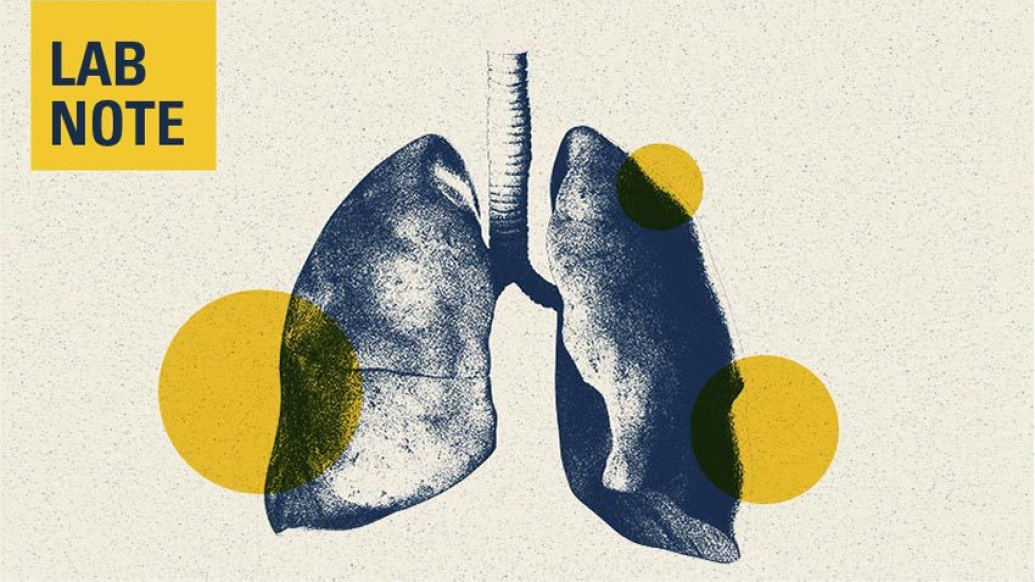Findings could eventually translate to therapeutics to improve outcomes from respiratory illness in people.
10:20 AM
Author |

Older people are at increased risk from acute respiratory viral infections including SARS-COV-2, the virus that causes COVID-19, and influenza virus. There is an urgent need to identify novel therapeutics to improve outcomes during acute respiratory viral infections with aging.
In a study published in the journal JCI Insight, William Kelley, M.D., Daniel Goldstein, M.D., and their colleagues from the University of Michigan and onCOUR Pharm Inc., employed a mouse model of influenza viral infection to determine whether a proprietary nanoparticle improves outcomes to infection in aged mice.
Prior studies have shown that the nanoparticles used in the study have beneficial effects by preventing damaging immune cells, specifically monocytes, from entering sites of inflammation. Yet the efficacy of these nanoparticles in improving outcomes to viral infection with aging have not been determined previously.
The team used a murine model in which aged mice are highly susceptible to influenza infection. Importantly, as most humans present to clinics after influenza infection, they administered the nanoparticles to aged mice at day three post infection, when the inflammatory response to the infection was well under way.
Kelly and colleagues found that the nanoparticles improved outcomes to influenza infection in aged mice, specifically improving blood oxygenation, reducing lung damage and other clinical outcomes. These clinical findings were associated with a reduced number of tissue-damaging inflammatory monocytes in the lungs of aged mice during infection.
"If these findings can be translated to humans, it could represent a novel therapy to improve outcomes in older people infected with acute respiratory viruses," said Goldstein.
Paper cited: "Nanoparticles reduce monocytes within the lungs to improve outcomes after influenza virus infection in aged mice," JCI Insight. DOI: 10.1172/jci.insight.156320

Explore a variety of health care news & stories by visiting the Health Lab home page for more articles.

Department of Communication at Michigan Medicine
Want top health & research news weekly? Sign up for Health Lab’s newsletters today!





